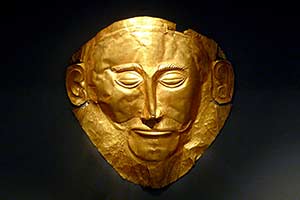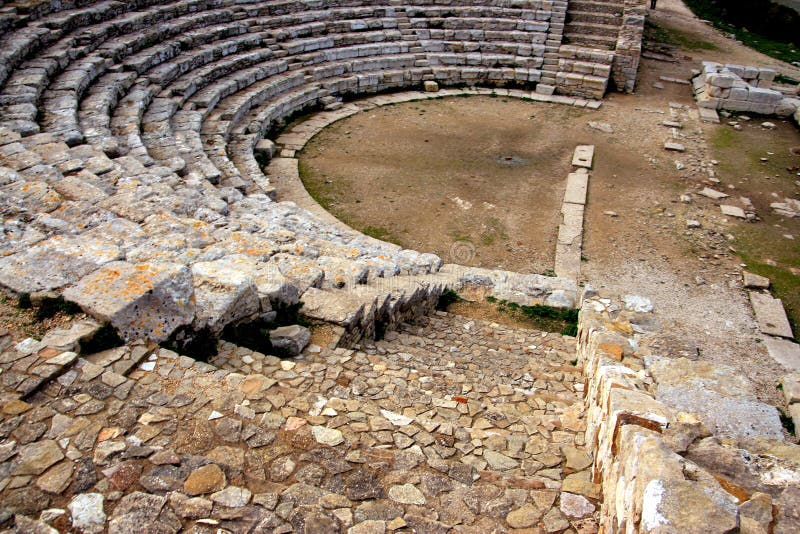Blog 5
Aristotle’s Theory of Tragedy















Tragedy
Aristotle's definition: "Tragedy is the imitation of an action; and an action implies personal agents, who necessarily possess certain distinctive qualities both of character and thought; for it is by these that we qualify actions themselves, and these- thought and character- are the two natural causes from which actions spring, and on actions again all success or failure depends." Aristotle explains that a tragedy is an imitation of an incident with the emphasis on the plot. The characters come in secondary to the actions and it is after actions that the true motives of each characters are revealed. Oedipus was an innocent character cursed with a destiny from his ancestors. His actions of killing his father and marrying his mother was the tragedy that he had to face. Oedipus did not react well to this outcome and isolated himself.


Hamartia
Aristotle had first used this word in his Poetics. He described hamartia as an error of judgement or a mistake that was made by a character in a tragedy. Although hamartia may mainly seem to associates with the major flaws and errors of the protagonist (tragic flaw), Aristotle's definition of hamartia states that the mistake could have been made by any character in the tragedy. Often times, the character was ignorant of the outcome of the decision. Hamartia does not have to be a tragic flaw, depending on how the characters deal with the situation.

Katharsis
This term is defined as the purification or the purge of emotions, especially fear and pity. Rather, Aristotle used the term katharsis as a metaphor in the Poetics to describe the effect of true tragedy Aristotle states that the purpose of a tragedy is to invoke the emotions of "terror and pity" from the audience and how a true tragedy can have an effect on the kartharsis of these emotions.


Deus ex Machina
This literally translates to "god from the machine." Deus ex machina is the intervention of a divine figure that appears to resolve the conflict and bring the action to conclusion. Aristotle dislikes this tactic because he wanted the story to end within the bound of the actions and decisions of the characters rather than having a god figure to interfere with the decisions of man.


Comments
Post a Comment